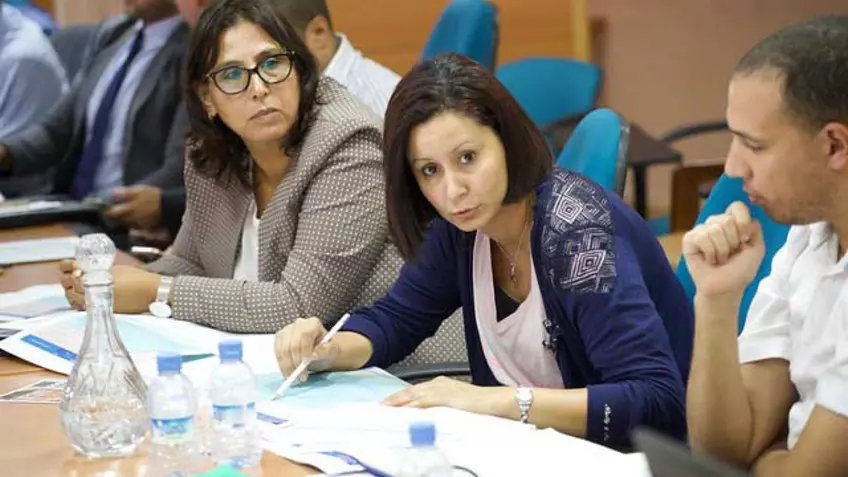How to Create a Knowledge Resource Someone Will Actually Use: Lessons from the NDC Partnership
If you were responsible for helping to implement a country’s nationally determined contribution (NDC), what resources would you expect to find for knowledge and guidance? Maybe data-sets, analysis tools, or handbooks? Some long, complicated web platform that only a highly-trained specialist would know how to use?
When it comes to knowledge resources for climate action, it turns out that often the most important resource is people, and that knowledge sharing is an extremely effective way to encourage learning. This includes trainings, conferences, and even just picking up the phone to ask advice of peers.
More traditional knowledge resources – like data-sets and handbooks – are useful too, but the human element is just as important. Personal exchanges breed trust and understanding, and the more that users and producers work together to develop tools, the more effective they are proven to be. When users of knowledge resources participate in their development, resources are more suited to local contexts, and therefore more useful for decision-making.
This is one of several findings in a new Insight Brief by the NDC Partnership Support Unit on Understanding the Use of Knowledge Resources for Supporting Climate Action. The NDC Partnership draws together leading knowledge producers, helping to empower countries to access the know-how they need to accelerate climate action and take on more ambitious goals. Ensuring the Partnership’s knowledge efforts are impactful requires understanding what makes a knowledge resource useful for NDC implementation, who is using knowledge resources and for what purpose, and what processes are needed to make the production and use of knowledge resources more effective.
This Insight Brief, based on the Support Unit’s learning through engagement with its members, offers a set of working recommendations to help improve the usefulness and impact of knowledge in climate planning and implementation. Key recommendations include:
- When possible, developers of knowledge resources should involve the end users in their production. Often, the process of developing a resource is as important as the product.
- Resources should be tailored to their context, including language, political, and social norms, and technical capacities of their audiences. More attention should be paid to translating and adapting resources for their users, as opposed to generating new resources.
- International institutions should engage with national research institutions and universities, which are often seen by policymakers as trusted sources of knowledge.
- Working relationships between subject matter experts and government officials are crucial to the usefulness of technical resources in decision-making.
To learn more, you can read the Insight Brief here. The document has been produced as a working paper to generate discussion and additional ideas. If you have comments to share, please get in touch with us at supportunit@ndcpartnership.org.
This blog was written by Amanda McKee, Knowledge and Learning Associate, and Talia Calnek-Sugin, Knowledge and Learning Coordinator.
